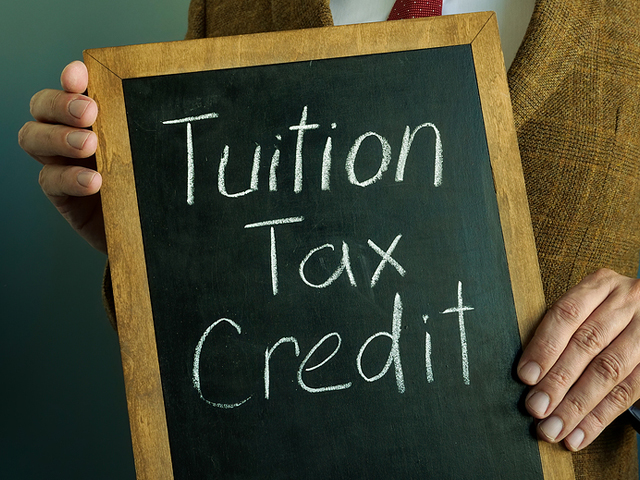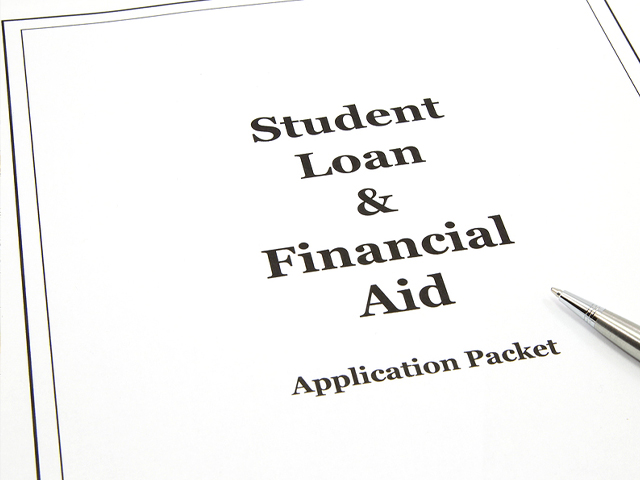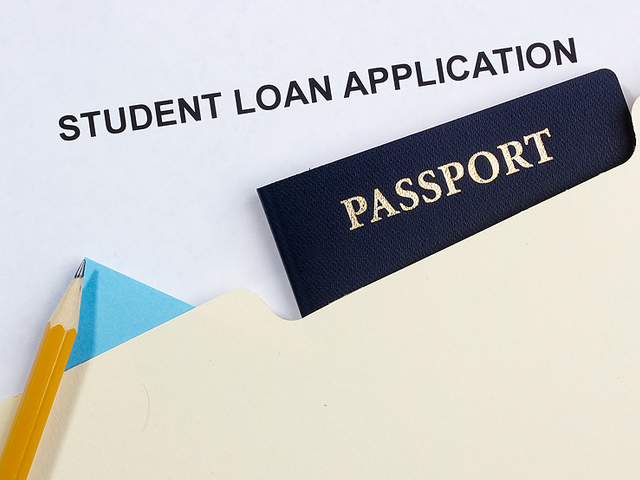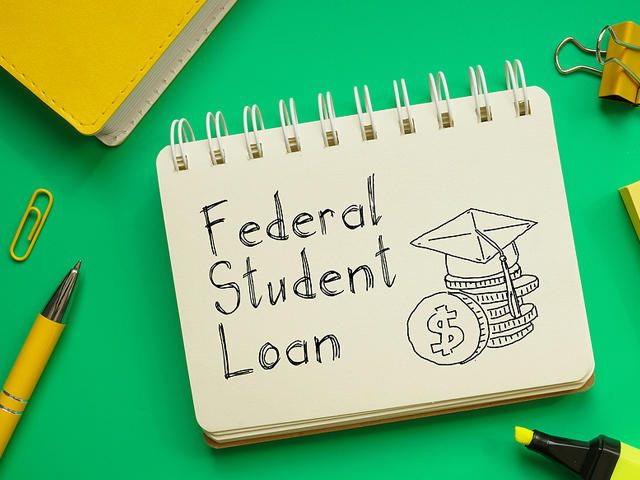
You may be able to save copious amounts of money and time if you understand the repayment details of your federal student loan.
Repayment Protocol
Your federal student loan will enter repayment status under the following circumstances:
- Once you leave school
- Once you graduate
- Once you drop below being enrolled half-time
Note, you will have access to a six-month grace period if you have a Direct Unsubsidized, Direct Subsidized, or Federal Family Education Loan before repayment begins.
If you have a Perkins Loan, you will have a nine-month grace period.
If you have a PLUS Loan, you will need to commence repayment as soon as the loan is fully paid out or disbursed. However, if you are a professional student or a graduate and borrower of a PLUS loan, you will be automatically placed into deferment while you are taking classes and for 6 months after dropping below being enrolled half-time, leaving school, or graduating.
The Standard Repayment Plan is what you will automatically be placed into when your loan enters repayment. However, note that at any time, you can request a different repayment plan.
Prepayments can be made on your loan during your grace period or while you are in school. Note that any repayment you make doesn’t count in any loan forgiveness programs as a qualifying payment.
There will be a loan repayment schedule given by your loan servicer to dictate when your first payment is due, and the amount and frequency of each payment.
Read your billing statement as it tells you how much to pay. Your repayment plan will advise the monthly payment amount. Watch your email if you signed up to receive electronic communication. The majority of loan servicers send an email when the time comes for your billing statement to be viewed and accessed online.
Defining the Grace Period
Once you leave school, graduate, or drop to less than half-time enrollment status, there is a 6-month grace period. Perkins Loans offer a 9-month grace period. After this time is up, your repayments must begin. Note that not every federal student loan offers a grace period.
Important to note, that for most loans, interest accrues during your grace period. You can stay on top and choose to pay the interest that accrues to ensure that the interest is prevented from being added to the principal balance. This is defined as interest capitalization. It is vital to understand the terms and conditions of your loan so that you don’t end up severely over-paying it down the road.
Grace Periods & Loans
Discover if your loan has a grace period by reviewing the following list:
- Check with the school where you obtained your loan if you have a Federal Perkins Loan.
- PLUS Loans don’t have any grace period. However, if you received a PLUS loan as a professional student or as a graduate, you will receive a 6-month deferment automatically once you drop below half-time enrollment, leave school, or graduate.
- No payments are necessary during the deferment cycle. If you are a parent who took a PLUS Loan out to help pay for your child’s education, you can request a 6-month deferment once your child graduates, drops below half-time enrollment, or leaves school.
Issues That Might Alter Your Grace Period
There are specific circumstances that can affect your grace period. Learn more below:
Consolidating your loan – if you consolidate your loans on your grace period, you forego any remaining time on your grace period and must begin repayment once your Direct Consolidation Loan is processed. This is the situation unless you opt to have the consolidation loan processing delayed until closer to when your grace period ends.
Coming back to school before the grace period on your loan ends. If you return to school at least half-time prior to your grace period ending, you will receive the complete 6-month grace period once you drop below half-time enrollment or stop going to school.
Active-duty military – If you are called to leave for active military duty for over thirty days before your grace period ends, you will get the full 6-month grace period once you return.
Making Your Loan Payments
The ED or U.S. Department of Education relies on various loan servicers to handle billing on Direct Loans or the William D. Ford Federal Direct Loan and for loans under the FFEL or Federal Family Education Loan. You can request a different repayment plan if it suits your situation better, otherwise, you will automatically be set up into the Standard Repayment Play by your loan service provider.
Many people choose to set an automatic monthly debit electronically to cover their loan payment from the savings or checking account. You will receive an interest rate deduction on Direct Loans of 0.25%. Get more information by contacting your loan servicer. If you prefer to send in monthly cheques via the post office, obtain the mailing address from the loan servicer. This method has more chances of late payments accruing.
Contact your loan servicer to get all of your repayment options or if you wish to change your repayment schedule.
Will I get ahead by paying extra every month?
Yes, it is possible to make additional payments before they are due or to overpay your monthly amount. Simply paying a small amount more every month can reduce your overall interest and lessen the amount of your loan over time. Discuss these possibilities by contacting your loan servicer.
I’m having difficulties making my loan payment
Contact your loan servicer the moment you realize that it has become a struggle to meet your repayment requirements. You may be allowed to change your repayment plan to one that is based on your income in certain cases or that lowers your monthly payment. There is loan consolidation, and deferment or forbearance options to discuss with them as well.
What happens if I miss one or more repayments?
Don’t ignore the issue if you fall into any type of delinquency on your loan. Contact your loan servicer particularly if you are struggling to make your monthly payments. There are different loan repayment options they will discuss with you. You may be eligible for a deferment or a forbearance or have your repayment plan switched to an income-driven plan. Discussing different options will reduce the stress and help you get back on track. Protect your credit rating and your ability to take loans out in the future by taking care of issues as they arise.
You never want to allow your loan to go into default, which occurs if your loan is at least nine months overdue. This can drastically impact your credit rating negatively and hinder future borrowing ability. Your wages could be garnished, and your tax refunds may be withheld.
How Can My Student Loan Be Forgiven?
Typically, you will be responsible for fully repaying your student loan. However, there are certain circumstances that your loan may be forgiven, canceled, or discharged. If you have any questions or concerns, don’t hesitate to contact your loan service provider to discuss your options.
It can be easy to assume that your loan terms align with your family members or friends. It can be easy to put off getting pertinent information. Don’t let fear of the unknown or misinformation cost you time, energy, money and leave you feeling stressed.
Educating Yourself Can Save You Big Time
Many people are ashamed to reach out to their loan provider to discuss their options. You are not a failure. If you can’t speak with family or friends for support, call your loan servicer. Chances are, they have already spoken with hundreds of similar cases this week alone! You will feel so much better and have a financial weight lifted off your shoulders once you can reconfigure your plan to be affordable with your current situation.











